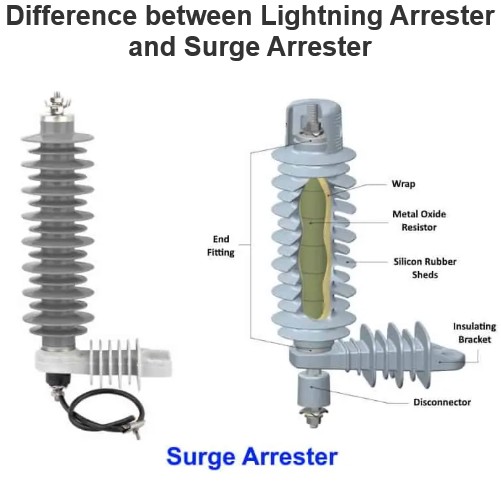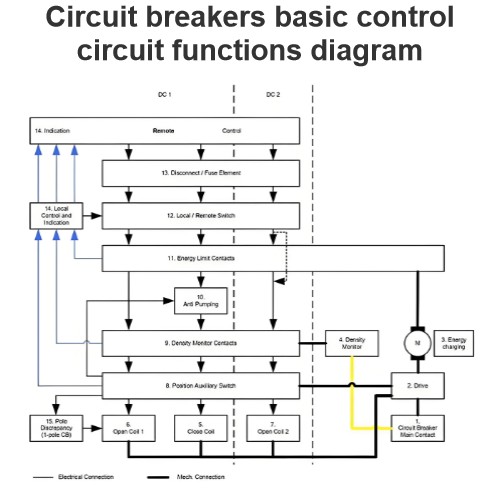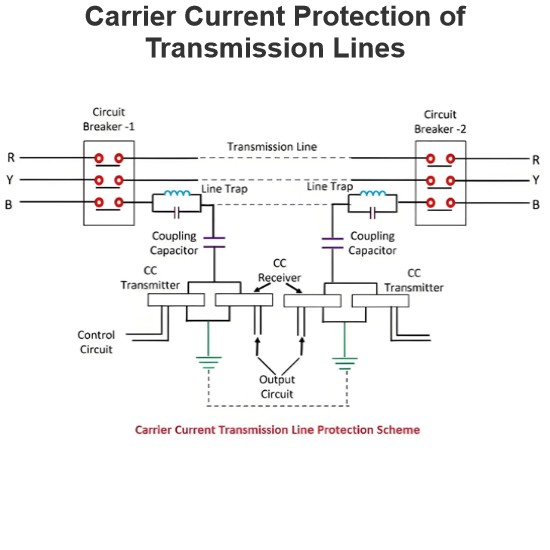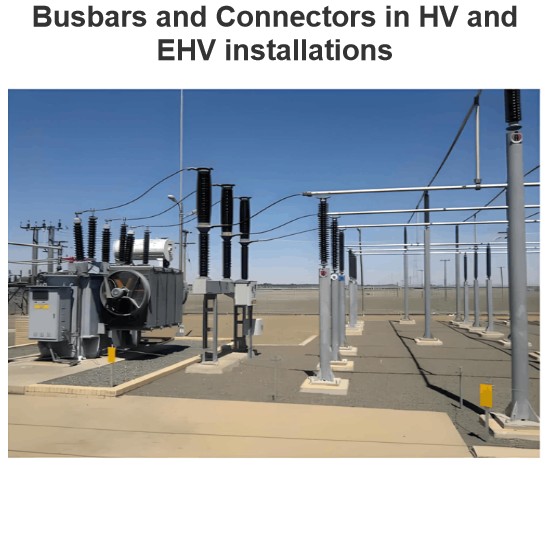How does electrical earthing influence lightning?
The impact of electrical grounding on lightning
Electrical grounding plays a crucial role in lightning protection systems. Here are specific ways in which electrical grounding affects lightning:
1. Provide a current path
Electrical grounding provides a low-impedance path for lightning current to quickly and safely flow into the earth, preventing the accumulation of lightning energy within equipment or buildings from causing damage.
2. Reduce Voltage
The grounding system helps to reduce the instantaneous high voltage caused by lightning, protecting electrical equipment and personnel from the risk of electric shock.
3. Preventing Potential Difference
A reasonable grounding design can ensure that the potential difference between different parts remains within a safe range during lightning strikes, thereby avoiding equipment damage or personal injury caused by excessive potential difference.
4. Protect Equipment
By conducting lightning current to the ground, the grounding system can effectively protect electrical equipment from high voltage surges and lightning discharge, prolonging the service life of the equipment.
5. Stable Voltage Level
The grounding system helps to stabilize voltage levels and prevent voltage fluctuations caused by lightning from damaging electrical equipment.
Conclusion
In summary, electrical grounding significantly impacts and reduces the potential hazards of lightning to electrical systems and personnel by providing a safe path for current, lowering voltage, preventing potential differences, protecting equipment, and stabilizing voltage levels. Therefore, establishing an effective grounding system is a critical component of lightning protection.
The Electricity Encyclopedia is dedicated to accelerating the dissemination and application of electricity knowledge and adding impetus to the development and innovation of the electricity industry.













